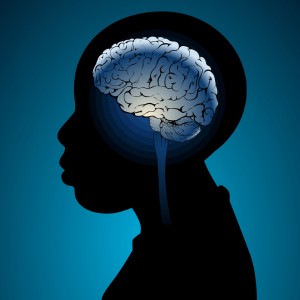Poverty Impacts Brain Development
 In a 2013 study of children by Luby et al. in the Journal of the American Medical Association Pediatrics, poverty in early childhood was associated with smaller white and gray matter in the cortex and with smaller volume of the amygdala and hippocampus when the children reached school age. The effects of poverty on hippocampal volume were mediated by whether the children experienced stressful life events and whether a caregiver was supportive or hostile.
In a 2013 study of children by Luby et al. in the Journal of the American Medical Association Pediatrics, poverty in early childhood was associated with smaller white and gray matter in the cortex and with smaller volume of the amygdala and hippocampus when the children reached school age. The effects of poverty on hippocampal volume were mediated by whether the children experienced stressful life events and whether a caregiver was supportive or hostile.
The children were recruited from primary care and day care settings between the ages of three and six, and were studied for five to ten years. They were initially assessed annually for three to six years and information on psychosocial, behavioral, and developmental dimensions were collected. Then the children took part in a magnetic resonance imaging (MRI) scan and continued annual assessments that included information such as whether the children experienced stressful life events.
Previous research has shown that poverty affects children’s psychosocial development and economic success in adulthood. This research shows that poverty also affects brain development. The findings suggest important targets for intervention that could help prevent these developmental deficits.

